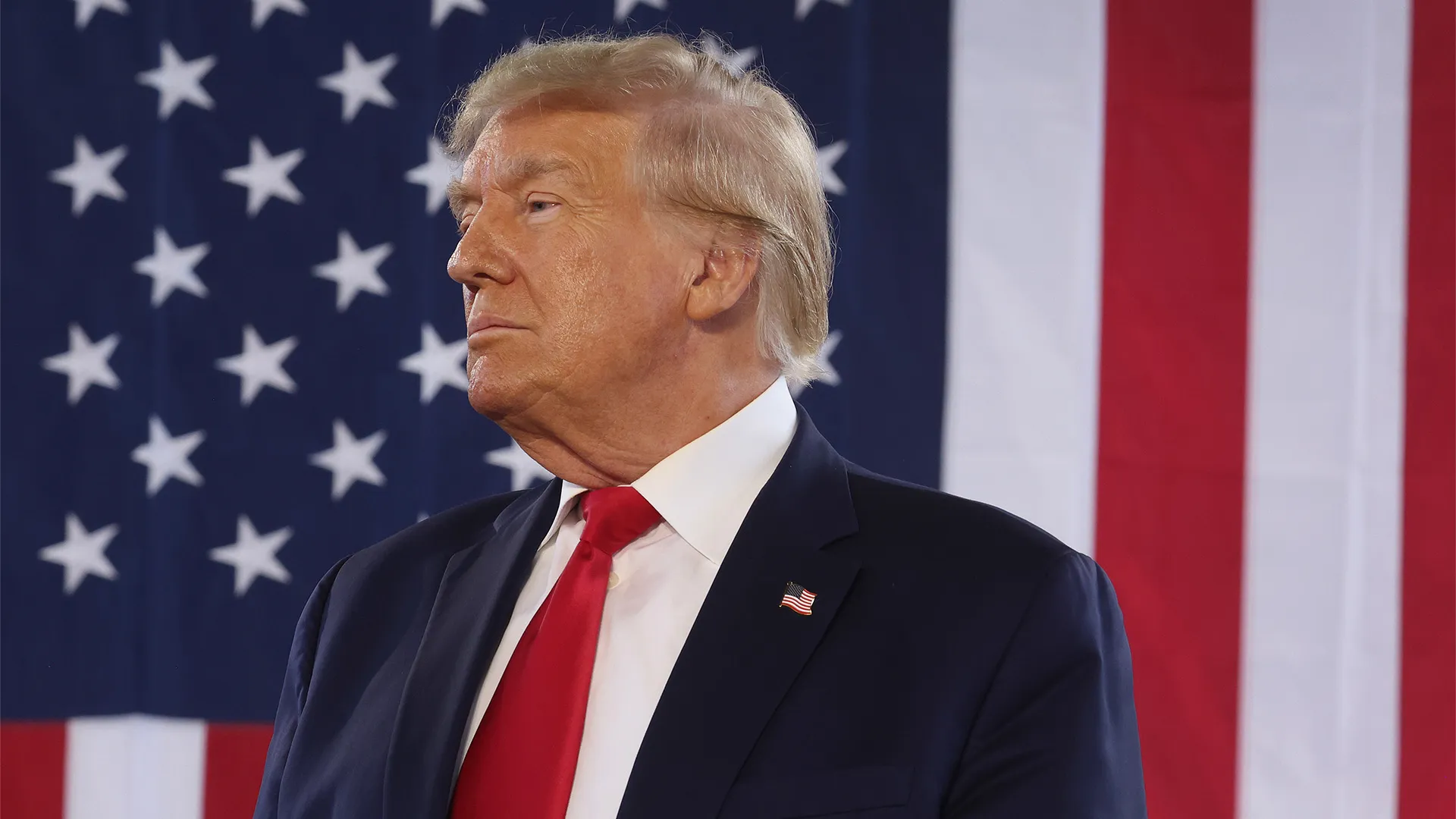in brief
- DWS Group cautions about inflation and increased bond yields in the event of Trump’s re-election.
- Rick Santelli underscores the dangers of elevated bond yields, hinting at potential market instability.
With the upcoming November presidential election in the United States, speculation intensifies regarding the possible consequences of Donald Trump’s re-election, especially regarding the future of Bitcoin.
Combining adept financial analysis with political acumen, how might the intricate relationship unfold between a Trump triumph and the cryptocurrency market?
The Potential Influence of Donald Trump’s Presidency on Bitcoin
With a significant $924.5 billion in assets under management, DWS Group has voiced concerns about the potential re-election of Donald Trump, particularly regarding its effects on US Treasury bonds. The firm pointed to the aftermath of the 2016 election, highlighting a substantial rise in 10-year government bond yields following Trump’s victory. It suggested the possibility of resurfacing inflationary pressures under a renewed Trump administration.
“[Donald Trump] has indicated a plan to increase tariffs on all imports to 10%, potentially fueling inflation. Additionally, he has declared intentions to maintain the 2017 tax cuts, which have contributed to growth and price escalation. Considering these factors alongside the outcomes of Trump’s initial term in office, we believe there are compelling reasons for anticipating higher yields in the event of his re-election,” analysts at DWS Group commented.
Furthermore, Rick Santelli, a CNBC Business News On-Air Editor, raised concerns about the 30-year bond’s high yield closure in 2024, which stood at 4.41%. He emphasized that reaching this yield threshold again could prompt a surge in selling, even following favorable auction results.
“We often discuss ‘tailing,’ which is undesirable. However, this was perfectly executed, which is the complete opposite. It stopped through by two basis points. I cannot stress enough how significant that is. So, in the market where the issue was at 4.38, this came in at 4.36. A lower yield translates to a higher price, which benefits the government as a seller. Historically, a two-basis-point difference is quite substantial,” Santelli explained.



